01 - The GSP+ Status of Pakistan in the European Union: Challenges and Prospects...
http://dx.doi.org/10.31703/gpr.2021(VI-II).0110.31703/gpr.2021(VI-II).01 Published : Jun 2021
-
The EU granted GSP+ status of Pakistan aimed to foster economic stability and good governance in the country. However, Pakistan's progress vis-a-vis both objectives remains far below the potential. It could not significantly take advantage of enhanced tariff reductions under GSP+ to realize the diversification and value-addition of its exports. Meanwhile, Pakistan's performance in implementing 27 ... Details
-
European Union, Pakistan, GSP+ Status, UN Conventions, Human Rights, Challenges, Prospects
-
(1) Muhammad Riaz Shad
Associate Professor & Jean Monnet Chair (Under Erasmus+ Programme of the European Union), Department of International Relations, National University of Modern Languages, Islamabad, Pakistan.
02 - Hybrid Warfare and the Challenges to the Conduct of Intelligence...
http://dx.doi.org/10.31703/gpr.2021(VI-II).0210.31703/gpr.2021(VI-II).02 Published : Jun 2021
-
The character of warfare has remained constant however its nature has been changing from time to time over the last twenty years. The traditional definition of warfare, explaining an exceptionally coordinated and prepared involvement of powers in the conflict, such as the Second World War, have become old fashioned and irrelevant. The Intelligence operations were moderately clear and defined throu... Details
-
Hybrid Warfare, Superpowers, Strategy, Intelligence, Contemporary World
-
(1) Shabnam Gul
Assistant Professor, Department of International Relations, Lahore College for Women University, Lahore, Punjab, Pakistan.
(2) Muhammad Faizan Asghar
MPhil, Peace & Counter Terrorism Studies, Minhaj University Lahore, Punjab, Pakistan.
(3) Zahid Akbar
Ministry of Defense
03 - Role of the Central Committee of Action in Organization of the Provincial Muslim...
http://dx.doi.org/10.31703/gpr.2021(VI-II).0310.31703/gpr.2021(VI-II).03 Published : Jun 2021
-
All India Muslim League lost 1936 elections which propelled Jinnah to re-organize the party on modern grounds. But the re-organization was not that much efficacious due to the absence of effective checks and balances overworking of provincial branches. Initial endeavors to keep check overworking and organization of the provincial Leagues were short successes on the part of the Central League. The ... Details
-
League, Organization, Provincial Leagues, Central Committee, Check and Balance, Expansion, Records, Elections, Sindh, Punjab, NWFP, Baluchistan, UP, Ajmir-Marwara
-
(1) Muhammad Shoaib Malik
Associate Professor, Department of Pakistan Studies, National University of Modern Languages, Islamabad, Pakistan
(2) Shahzad Qaisar
Assistant Professor, Department of Pakistan Studies and History, National University of Modern Languages, Islamabad, Pakistan.
(3) Riffat Haque
Assistant Professor, Department of Peace and Conflict Studies, National Defence University, Islamabad, Pakistan.
04 - Women Political Activism and Public Spaces in Pashtun Society in Pakistan...
http://dx.doi.org/10.31703/gpr.2021(VI-II).0410.31703/gpr.2021(VI-II).04 Published : Jun 2021
-
In this research article I comprehend that how women in Pashtun society, even with limited entree to civic places, manage to join and contribute in numerous political undertakings, and how their role adds to growing communal and political spaces for women. For my research work I interviewed politically active women of Swabi from lower and middle class. I used the method of convenience sampling. Gu... Details
-
Public Spaces, Political Activism, Pashtun Society, Economic Resources
-
(1) Salma Rahim
Lecturer, Department of Pakistan Studies, National University of Modern Languages, Islamabad.
05 - Pakistan-India Rivalry: An Analytical Perspective of Balance of Power.......
http://dx.doi.org/10.31703/gpr.2021(VI-II).0510.31703/gpr.2021(VI-II).05 Published : Jun 2021
-
Division of British India culminated into two new states of Hindu-majority India and Muslim-majority Pakistan.However, both Pakistan and India remained hostile since their inception.Multiple factors are responsible for their rivalry, such as the disputed Kashmir, water issues, communal riots, and assets distribution, etc. This affected the South Asian politics and invited the major powers to play ... Details
-
Indo-Pak Rivalry, Balance of Power, Politics of Alliances, Foreign Policy, Cold War Politics, Major Powers Role
-
(1) Uroosa Ishfaq
Lecturer, Department of Political Science, Women University, Mardan, KP, Pakistan
(2) Kashif Ashfaq
MPhil. Scholar, Department of Pakistan Studies, NUML, Islamabad, Pakistan.
(3) Saima Gul
Lecturer, Department of International Relations, University of Peshawar, KP, Pakistan.
06 - Jinnah's Pakistan, Hodson and the Letter to Nawab Ismail...
http://dx.doi.org/10.31703/gpr.2021(VI-II).0610.31703/gpr.2021(VI-II).06 Published : Jun 2021
-
Muhammad Ali Jinnah called for the division of India on 22ndMarch 1940 in his presidential address to the annual session of the All-India Muslim League held at Lahore. Immediately, the League were beset with not only opposition from all flanks but also the allegation that Jinnah's idea of Pakistan was ill-defined and merely a counter for bargaining. Even after Pakistan's independence in 1947, this... Details
-
Jinnah, Hodson, Nawab Ismail, Partition
-
(1) Meraj Hasan
Department of Pakistan Studies, National University of Modern Languages, Islamabad, Pakistan.
(2) Asifa Zafar
Lecturer, Department of Pakistan Studies, National University of Modern Languages, Islamabad, Pakistan.
(3) Kanwal Noreen
Lecturer, Department of Pakistan Studies, National University of Modern Languages, Islamabad, Pakistan.
07 - Evaluating the Impact of Hazara Motorway on Tourism Growth Under the China-Pakis...
http://dx.doi.org/10.31703/gpr.2021(VI-II).0710.31703/gpr.2021(VI-II).07 Published : Jun 2021
-
The objective of this research is to evaluate the outcome of Hazara Motorway on Tourism Expansion because of China-Pakistan Economic Corridor (CPEC) in Hazara region. This research used primary data collected through a questionnaire from the 120 tourists regarding their response on factors associated with future expectations of tourism industry growth in Hazara region under CPEC due to Hazara moto... Details
-
Binary Logistic Model, CPEC, Hazara Motorway, Tourism Growth
-
(1) Rafit Saheed
School of Public Policy, Pakistan Institute of Development Economics, Islamabad, Pakistan
(2) Nauman Ahmad
Department of Econometrics and Statistics, Pakistan Institute of Development Economics, Islamabad, Pakistan
(3) Armaghan Khan
Department of Business Studies, Pakistan Institute of Development Economics, Islamabad, Pakistan
08 - Globalization of Prosecutorial Justice: An Appraisal.....
http://dx.doi.org/10.31703/gpr.2021(VI-II).0810.31703/gpr.2021(VI-II).08 Published : Jun 2021
-
In the present world, public prosecutors (PPs) have become the most powerful actors in the criminal justice system (CJS). They excise unfettered discretionary powers, particularly 'decision to or not to prosecute,' 'add or delete the charges,' 'withhold or drop the prosecution,' 'withdraw the prosecution,' 'plea-bargaining with accused,''tender of pardon to the accomplice' and 'suggest the sentenc... Details
-
Public Prosecution, Criminal Justice System, Public Prosecutor, Plea-Bargaining, Prosecutorial Justice
-
(1) Muhammad Ramzan Kasuri
Assistant District Public Prosecutor, Anti-Terrorism Court Rawalpindi, Punjab, Pakistan.
(2) Ata Ullah Khan Mahmood
Assistant Professor, Department of Law, International Islamic University, Islamabad, Pakistan.
(3) Sheer Abbas
Scholar of International Space Law, University of Sharjah, UAE.
09 - An Assessment of Judicial Activism to Empower the People: A Case of Pakistan (20...
http://dx.doi.org/10.31703/gpr.2021(VI-II).0910.31703/gpr.2021(VI-II).09 Published : Jun 2021
-
The year 2007 was proved as an eventful for the judiciary of Pakistan because Iftikhar Chaudhry, Chief Justice of Pakistan, started to assert the power of the judiciary. He vehemently tried to make the judiciary only and the real institution of enforcing the law for the liberty of the people. However, under tremendous pubic pressure and lawyers' movement, Musharraf had to reinstate the Chief Justi... Details
-
Judicial Activism, Empowerment, Suo Motu, PIL, Chief Justice
-
(1) Muhammad Ikramullah Khan
Assistant Professor, Department of Pakistan Studies, The Islamia University of Bahawalpur (IUB), Punjab, Pakistan.
(2) Muhammad Shafiq
Assistant Professor, Department of History, The Islamia University of Bahawalpur (IUB), Punjab, Pakistan.
10 - Pakistani Print Media as Political Propaganda Tool: A Study of Panama Issue...
http://dx.doi.org/10.31703/gpr.2021(VI-II).1010.31703/gpr.2021(VI-II).10 Published : Jun 2021
-
This research study examined the scenario of media as propaganda tool keeping in view the news reportage of the Panama issue as well as editorial coverage in Urdu print media. The study investigated the situation of whether the Urdu print media remained unbiased during reportage and editorial coverage of the big corruption scandal or it was used as a propaganda tool for the psychological warfare o... Details
-
News Coverage, Reportage, Editorials, Panama Issue, Game-Changer, Alteration in Facts, Dailies, Psychological Warfare, Political Arena, Meandering Policies
-
(1) Irem Sultana
Assistant Professor, Department of Mass Communication, Government College University Faisalabad, Punjab, Pakistan
(2) Rao Shahid Mahmood
Assistant Professor, Department of Media Studies, The Islamia University of Bahawalpur, Punjab, Pakistan.
(3) Hamid Yaseen Ahmed
PhD Scholar, Department of History, Government College University Faisalabad, Punjab, Pakistan.
11 - The Role of Islamic Ideology in Iran-Pakistan Relations from 1947 to 1979...
http://dx.doi.org/10.31703/gpr.2021(VI-II).1110.31703/gpr.2021(VI-II).11 Published : Jun 2021
-
Ideology is an important determinant in foreign policy.However, it has its implications. Pahlavi Shah's Westernization policies and their dissociation with Islamic ideology were the main features of their rule. The early leadership of Pakistan and Iran(Muhammad Reza Shah) were secular in outlook, paid little attention to ideology and had shared interests. While in Pakistan, the religious identity ... Details
-
Ideology, Iran, leadership, Pakistan, Relations, Revolution
-
(1) Abdul Qadir
Assistant Professor, Department of International Relations, University of Balochistan, Quetta, Balochistan, Pakistan.
(2) Mirwais Kasi
Associate Professor, Department of International Relations, University of Balochistan, Quetta, Balochistan, Pakistan.
12 - E-governance Reforms in Education and Police Departments in District Mardan (201...
http://dx.doi.org/10.31703/gpr.2021(VI-II).1210.31703/gpr.2021(VI-II).12 Published : Jun 2021
-
In the modern era yet restoration of sound governance is required in developing states, especially in less developed areas of particular state just like developed states. Globalization and information revolution have been blended to set the path for ICT initiated efforts in sure public troubles, which includes social offerings. The electronic approach is deployed in the mutual interplay of governm... Details
-
E-governance, Information Communication Technologies, E-Participation Index, Electronic Government Development Index, Independent Monitoring Unit
-
(1) Safia Bahadur
Lecturer, Department of Political Science, Abdul Wali Khan University Mardan, KP, Pakistan.
(2) Shaukat
Lecturer, Department of Political Science, Abdul Wali Khan University Mardan, KP, Pakistan.
(3) Fakhr ul Munir
PhD Scholar and Demonstrator, Department of Political Science, Abdul Wali Khan University Mardan, KP, Pakistan.
13 - The portrayal of Political Violence in Harris Khalique's No Fortunes to Tell...
http://dx.doi.org/10.31703/gpr.2021(VI-II).1310.31703/gpr.2021(VI-II).13 Published : Jun 2021
-
This paper studies political violence and the acts of terror in the Pakistani society as presented in Harris Khalique’s No Fortunes to Tell. Khalique resists religious extremism, violence and terrorist attacks and focuses on the socio-political crisis in Pakistan. Greenblatt's philosophy of new historic-ism and his concepts of resonance and wonder are the guiding threads for the study of the... Details
-
Political Violence, Terror, New Historicism, Resonance, Extremism, Non-state Actors
-
(1) Maliha Sarfraz
Associate Professor, Government Graduate College Women Sahiwal, Punjab, Pakistan
(2) Fauzia Amin
PhD Scholar, Department of English, Government College University Faisalabad, Punjab, Pakistan.
(3) Ammara Akram
MPhil, Riphah International University Faisalabad, Punjab, Pakistan
14 - The Emergence of the Historiography in Kashmir: An Analysis...
http://dx.doi.org/10.31703/gpr.2021(VI-II).1410.31703/gpr.2021(VI-II).14 Published : Jun 2021
-
Historiography is the study of methodologies, strategies, and approaches to the development of history as a subject in the academic field by historians. This study provides an initial calculation of the formation and early phases of the historiography in the 12th century in the region of Kashmir. To do so, focus on the earliest writing on the subject of oral history of Kashmir, as well as the firs... Details
-
Emergence, Historiography, Historians, Kashmir, 12th Century
-
(1) Amar Jahangir
Junior Lecturer/Research Associate, Institute of Kashmir Studies, University of Azad Jammu and Kashmir Muzaffarabad, Pakistan.
(2) Anbrin Khawaja
Assistant Professor, Institute of Kashmir Studies, University of Azad Jammu and Kashmir Muzaffarabad, Pakistan.
(3) Shabnam Gul
Research Associate/ Junior Lecturer, Institute of Kashmir Studies, University of Azad Jammu and Kashmir Muzaffarabad, Pakistan.
15 - The Impact of External Support on Insurgency...
http://dx.doi.org/10.31703/gpr.2021(VI-II).1510.31703/gpr.2021(VI-II).15 Published : Jun 2021
-
Insurgency is an organized struggle to overthrow an existing government. External support has played an important role in the success and failure of insurgencies. Insurgencies externally supported both militarily and financially lasted long and succeeded. In contrast, many insurgencies failed, lacking external support. The existing literature has discussed how external support contributes to the s... Details
-
Insurgency, Counterinsurgency, Drones, External Support, Escalation
-
(1) Alamgir Khan
Lecturer, Department of Political Science, University of Swabi, KP, Pakistan.
16 - Right to Information, Media Ethics and Journalism: A Case Study of Pakistan ...
http://dx.doi.org/10.31703/gpr.2021(VI-II).1610.31703/gpr.2021(VI-II).16 Published : Jun 2021
-
The independence of media signifies an open society based on democratic traditions rather than the dictates of one person. The press can only perform its duty if it is free and independent in its functions, like reporting its news and views. But like other freedoms, it should not be used as an unbridled weapon. It should be subjected to some limitations pro to the integrity of the state and welfar... Details
-
Right to Information, Media Independence, Journalism, Code of Ethics
-
(1) Ambreen Abbasi
Assistant Professor of Law, Faculty of Shariah and Law, IIU, Islamabad, Pakistan.
17 - An Empirical Analysis of the Role of Media in Government Accountability in Pakis...
http://dx.doi.org/10.31703/gpr.2021(VI-II).1710.31703/gpr.2021(VI-II).17 Published : Jun 2021
-
This article is aimed to empirically investigate the role of media on governmental accountability in Pakistan. The article employs positivism and quantitative methodology. A survey approach has been adopted to collect primary data from relevant stakeholders in Khyber Pakhtunkhwa, Pakistan. This article intends to find the media's role in fostering government accountability. Furthermore, the mediat... Details
-
Conventional Media, New Media, Government Accountability, Political Parties
-
(1) Ahsan Ullah
PhD Scholar (Political Science), Qurtuba University, D. I. Khan, KP, Pakistan.
(2) Azmat Ali Shah
Assistant Professor, Qurtuba University D. I. Khan, KP, Pakistan
18 - Imran Khan's Maiden Speech: A Critical Discourse Analysis...
http://dx.doi.org/10.31703/gpr.2021(VI-II).1810.31703/gpr.2021(VI-II).18 Published : Jun 2021
-
Critical discourse analysis is useful to analyse political addresses comprising of the communal dialogue where the orator earns the desired reaction from her/his audience. The manuscript studies Imran Khan’s prime minister speech primarily through transitivity and modality, where we realise how semantics and syntax serve the thought as well as authority. Besides, we get an enhanced appreciat... Details
-
Critical Discourse Analysis, Imran Khan, Maiden Speech, Modality, Semantic Investigation, Transitivity
-
(1) Amara Khan
Chairperson/Assistant Professor, Department of English, Lahore College for Women University, Lahore, Punjab, Pakistan
19 - The Application of Althusser's theory of ISA in E. M. Foster's Novel "A Passage ...
http://dx.doi.org/10.31703/gpr.2021(VI-II).1910.31703/gpr.2021(VI-II).19 Published : Jun 2021
-
ISA stands for Ideological State Apparatus. It includes several ISAs i.e. Educational ISA, Religious ISA, Political ISA, Social and Cultural ISA, Media ISA, etc. The novel “A Passage to India by E.M Foster” is a good example of these ISAs. This novel is based on the subject of orientalism, colonialism, and British rule. It discloses the stereotypical image of the Orientals and the cont... Details
-
Ideological State Apparatus, Orientalism, Colonialism, A Passage to India
-
(1) Bahramand Shah
Assistant Professor, Area Study Center, Quaid-i-Azam University, Islamabad, Pakistan.
(2) Gohar Rahman
MPhil Scholar, Department of English, Islamia College University, Peshawar, KP, Pakistan.
(3) Sana Riaz
Demonstrator, Department of English, Abdul Wali khan University, Mardan, KP, Pakistan.
20 - Impact of Covid-19 on Domestic Violence in South Asia ...
http://dx.doi.org/10.31703/gpr.2021(VI-II).2010.31703/gpr.2021(VI-II).20 Published : Jun 2021
-
Domestic violence, rooted in patriarchy and conservatism, significantly increased during the COVID-19 pandemic, presenting a challenge to gender justice. This study examines the pandemic's impact on domestic violence in Pakistan, Bangladesh, India, Nepal, and Sri Lanka, using an exploratory mixed-methods approach. In-depth interviews (IDIs) and key informant interviews (KIIs) with practitioners an... Details
-
Covid 2019, Domestic Violence, South Asia, Pakistan, Women
-
(1) Syed Imran Haider
Associate Professor, Department of Sociology, Allama Iqbal Open University Islamabad, Pakistan.
(2) Muhammad Ali Awan
Assistant Professor, APNA Institute of Public Health, Jinnah Sindh Medical University Karachi, Sindh, Pakistan.
(3) Atifa Nasir
Assistant Professor, Department of Gender and Women Studies, Allama Iqbal Open University, Islamabad, Pakistan.
21 - Judging the State: Courts and Constitutional Politics in Pakistan ...
http://dx.doi.org/10.31703/gpr.2021(VI-II).2110.31703/gpr.2021(VI-II).21 Published : Jun 2021
-
The focus of this article is the court, constitution making relations in Pakistan and particularly the role played by the military courts in respect to human rights. Pakistan's military has played a dominant role in shaping the legal and political structure and Pakistan courts martial and had judicial reform and debate over the balance between national security and human rights exercised. The intr... Details
-
Military Courts, Pakistan, Constitutional Development, Human Rights, Judicial Independence, National Security, Counterterrorism
-
(1) Maryam Shahid
Researcher, LLM Student, International Islamic University, Islamabad, Pakistan.
(2) Iftikhar Ahmad Khan
Assistant Professor, Department of Shariah and Law, Islamia College University, Peshawar, KP, Pakistan.
(3) Mehnaz Begum
Lecturer, Department of Sharia and Law Islamia College Peshawar, KP, Pakistan.
22 - Security Dynamics of CPEC 2.0 and Chinese Strategic Interests in Pakistan ...
http://dx.doi.org/10.31703/gpr.2021(VI-II).2210.31703/gpr.2021(VI-II).22 Published : Jun 2021
-
The paper discusses the security dynamics of CPEC 2.0 and its effects on the interests of China in Pakistan. It employs mixed-methods comparative case study to analyze key-informant opinion, policy documents and open-source security data. The research concludes that CPEC 2.0 functions in high violence areas especially Khyber Pakhtunkhwa and Balochistan areas with significant assaults on Chinese ci... Details
-
CPEC 2.0; security governance; hybrid threats; securitization; Chinese strategic interests; BRI; Pakistan
-
(1) Syed Ali Shah
Assistant Professor Department of Pakistan studies, Abdul Wali Khan University Mardan .KP, Pakistan.
(2) Sahar Saleem
MPhil Scholar , school of journalism and communication , Wuhan University P.R China.

 Volume XI, Issue I (Winter 2026)
Volume XI, Issue I (Winter 2026)  Volume X, Issue IV (Fall 2025)
Volume X, Issue IV (Fall 2025) 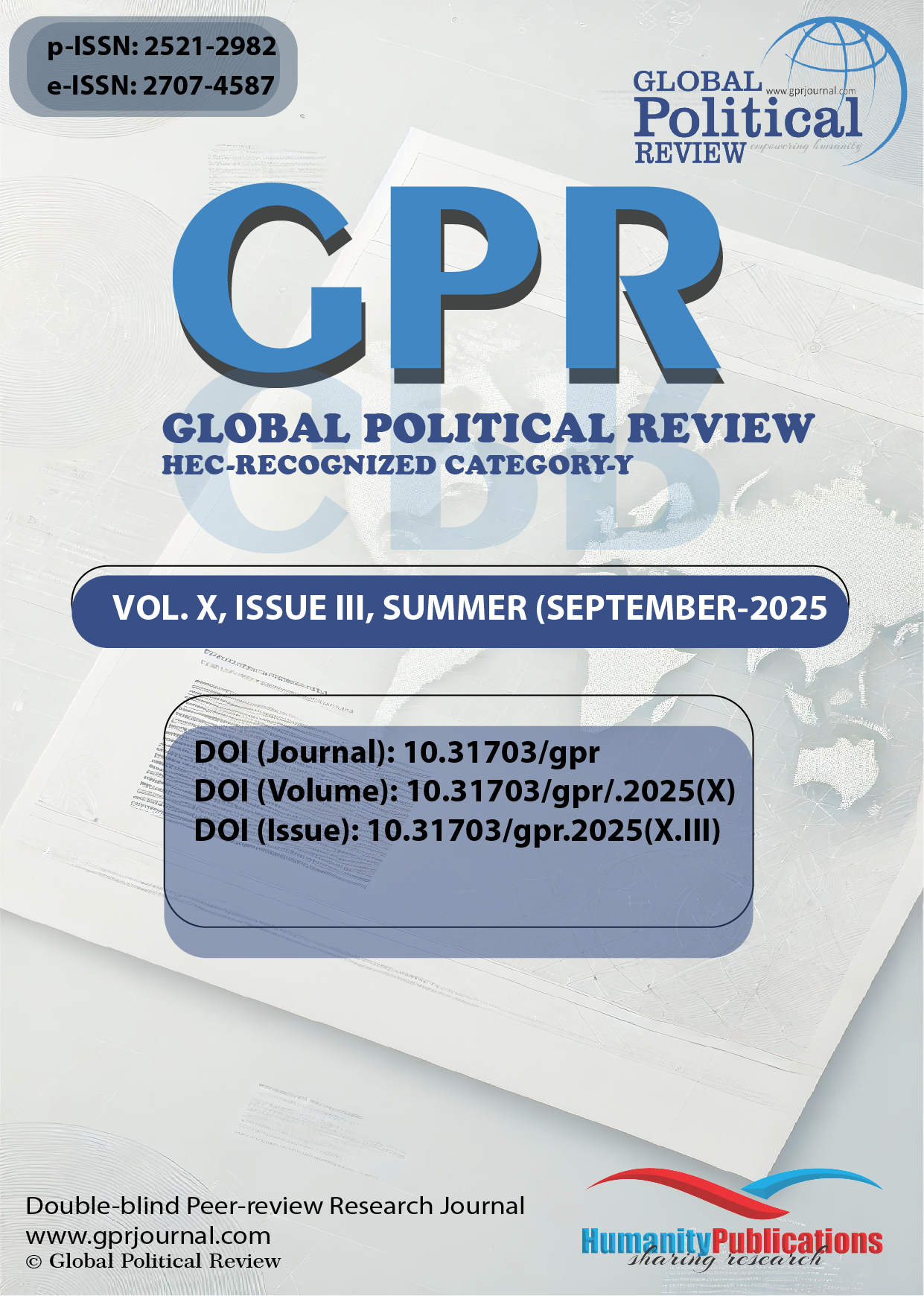 Volume X, Issue III (Summer 2025)
Volume X, Issue III (Summer 2025) 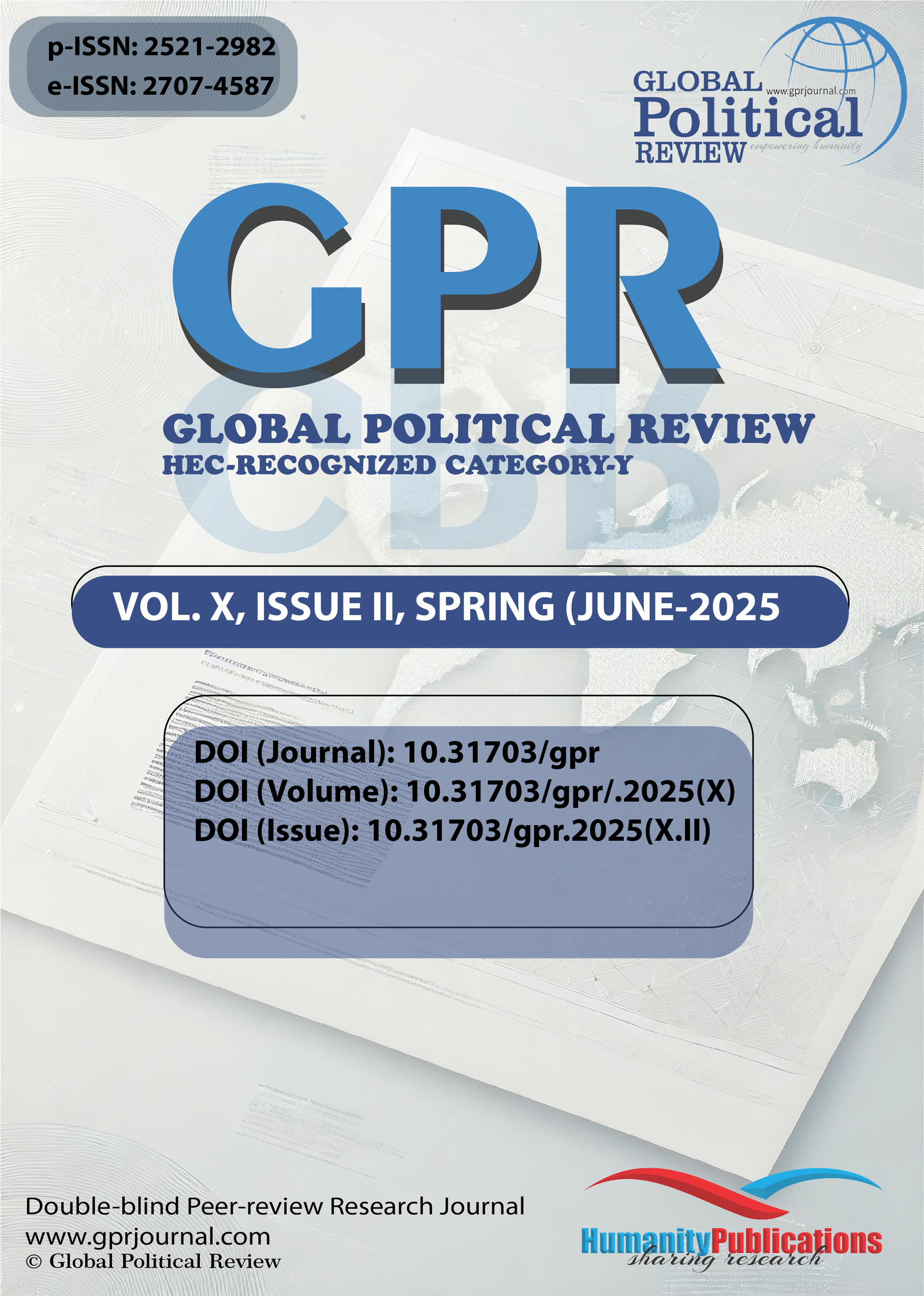 Volume X, Issue II (Spring 2025)
Volume X, Issue II (Spring 2025)  Volume X, Issue I (Winter 2025)
Volume X, Issue I (Winter 2025)  Volume IX, Issue IV (Fall 2024)
Volume IX, Issue IV (Fall 2024)  Volume IX, Issue III (Summer 2024)
Volume IX, Issue III (Summer 2024)  Volume IX, Issue II (Spring 2024)
Volume IX, Issue II (Spring 2024)  Volume IX, Issue I (Winter 2024)
Volume IX, Issue I (Winter 2024) 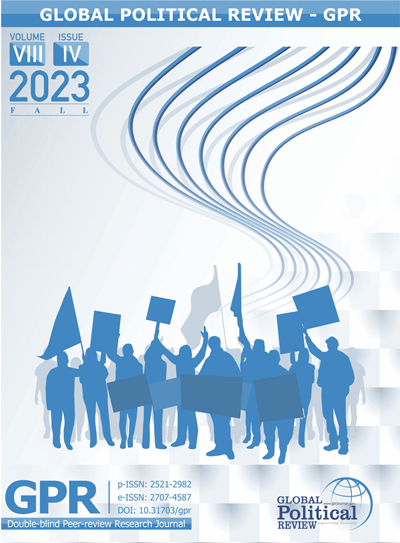 Volume VIII, Issue IV (Fall 2023)
Volume VIII, Issue IV (Fall 2023)  Volume VIII, Issue III (Summer 2023)
Volume VIII, Issue III (Summer 2023)  Volume VIII, Issue II (Spring 2023)
Volume VIII, Issue II (Spring 2023) 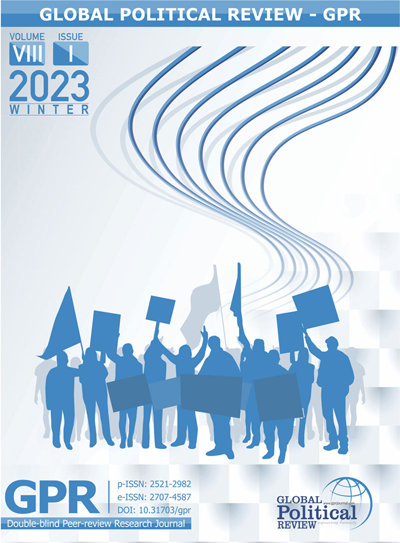 Volume VIII, Issue I (Winter 2023)
Volume VIII, Issue I (Winter 2023) 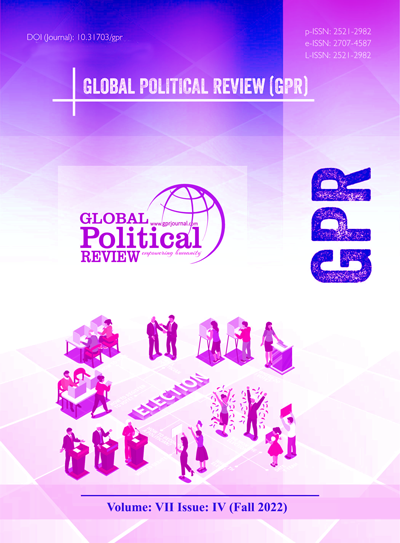 Volume VII, Issue IV (Fall 2022)
Volume VII, Issue IV (Fall 2022)  Volume VII, Issue III (Summer 2022)
Volume VII, Issue III (Summer 2022)  Volume VII, Issue II (Spring 2022)
Volume VII, Issue II (Spring 2022)  Volume VII, Issue I (Winter 2022)
Volume VII, Issue I (Winter 2022) 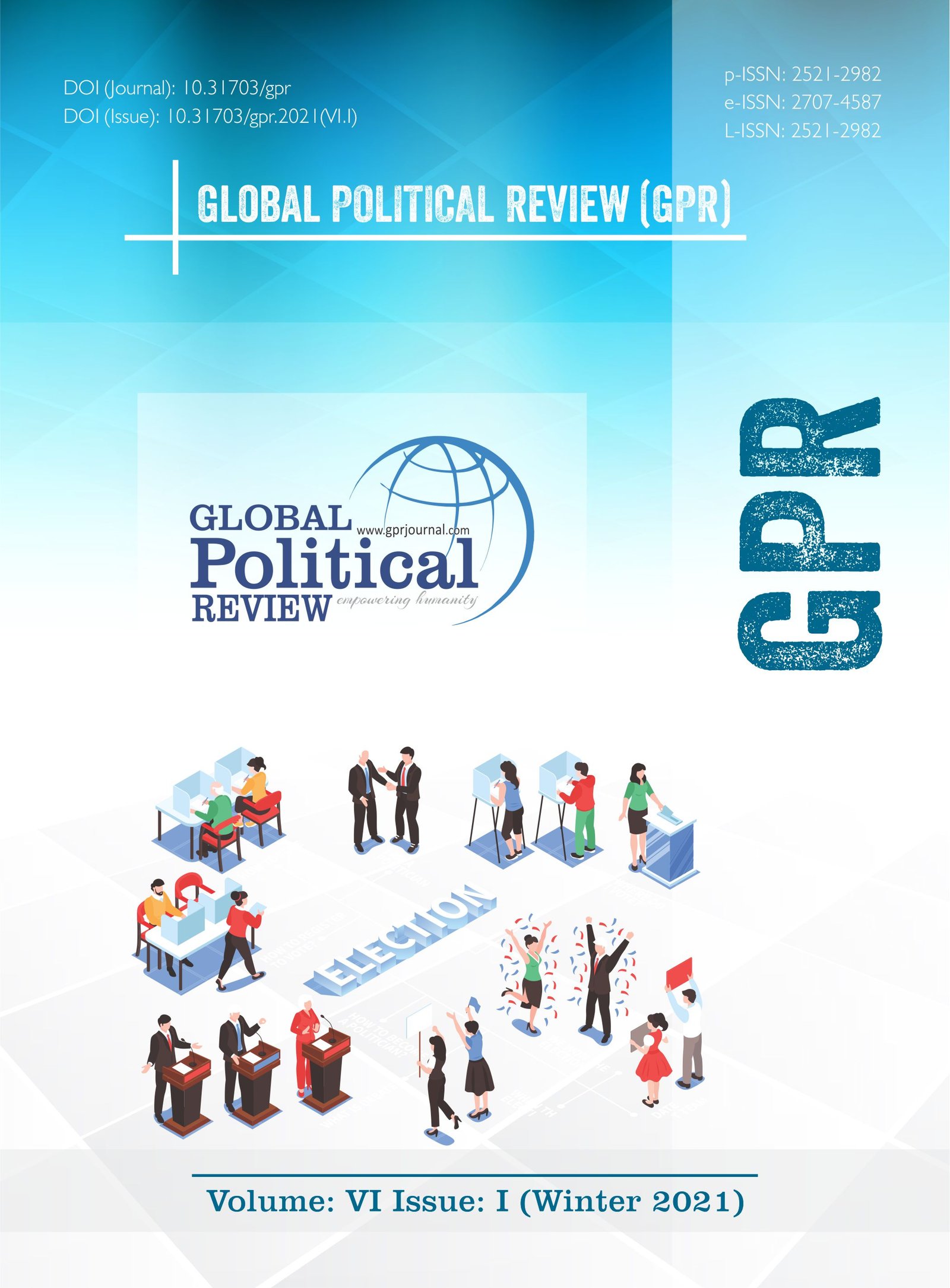 Volume VI, Issue IV (Fall 2021)
Volume VI, Issue IV (Fall 2021) 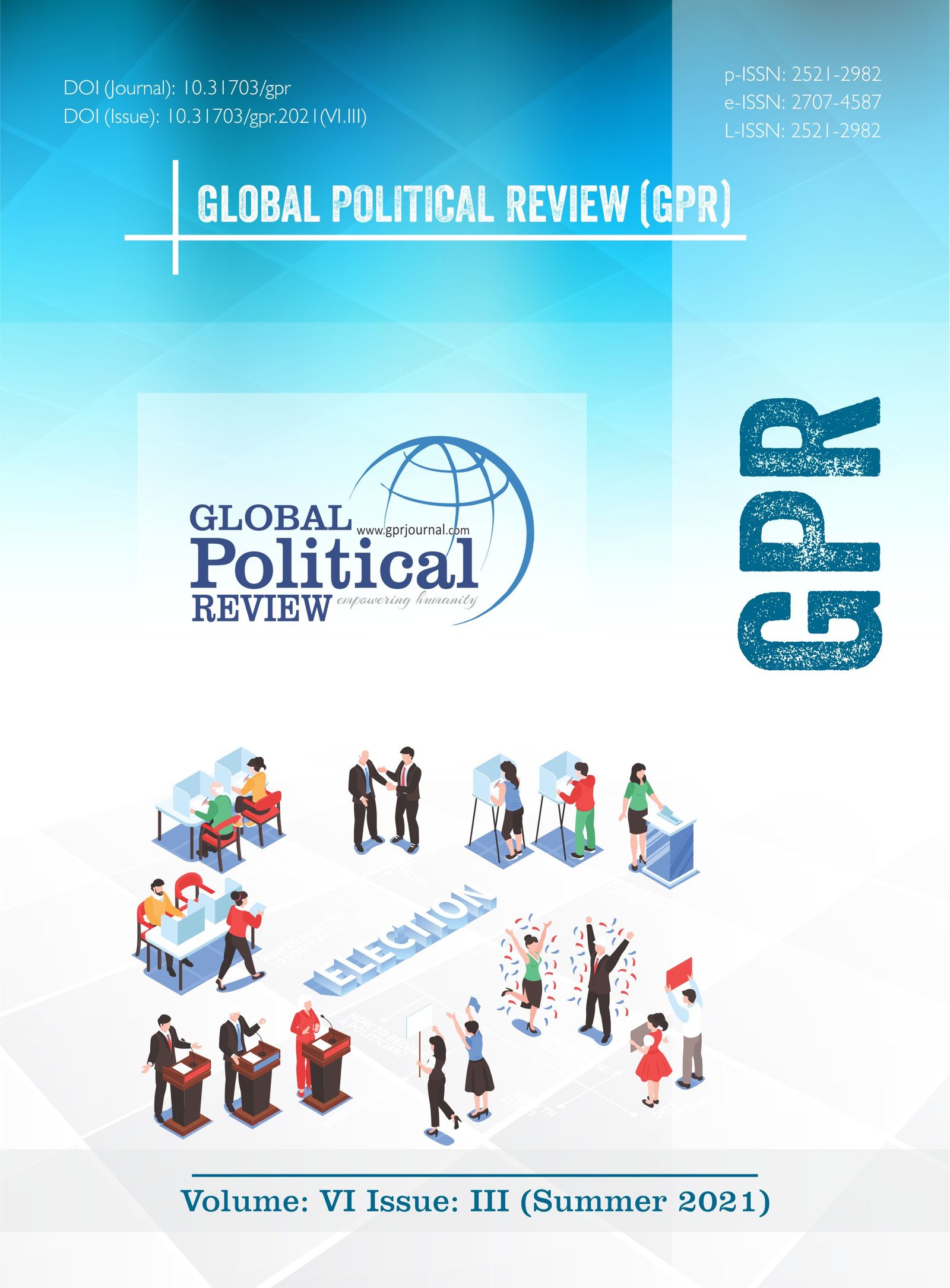 Volume VI, Issue III (Summer 2021)
Volume VI, Issue III (Summer 2021)  Volume VI, Issue II (Spring 2021)
Volume VI, Issue II (Spring 2021) 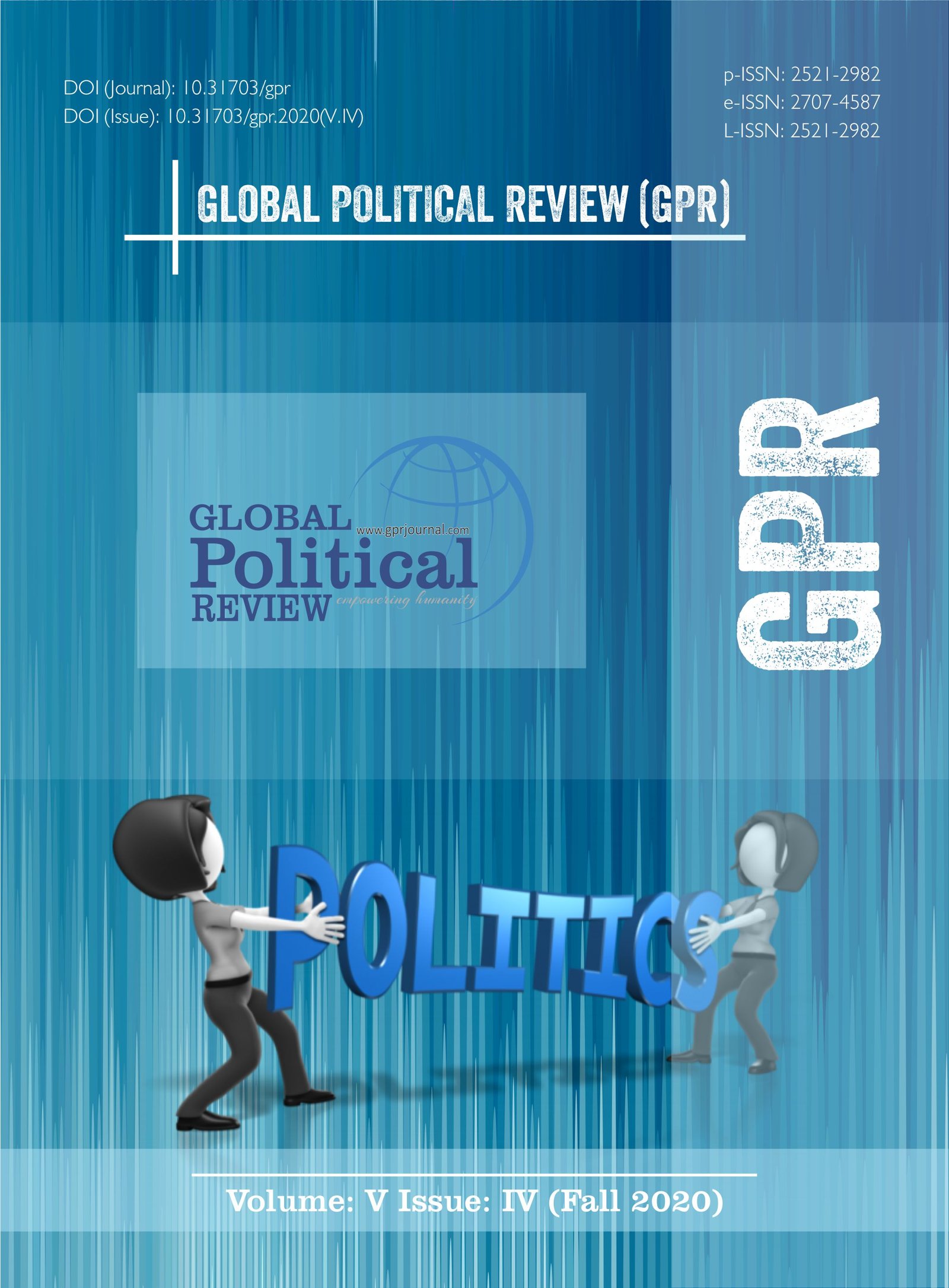 Volume V, Issue IV (Fall 2020)
Volume V, Issue IV (Fall 2020)  Volume V, Issue III (Summer 2020)
Volume V, Issue III (Summer 2020) 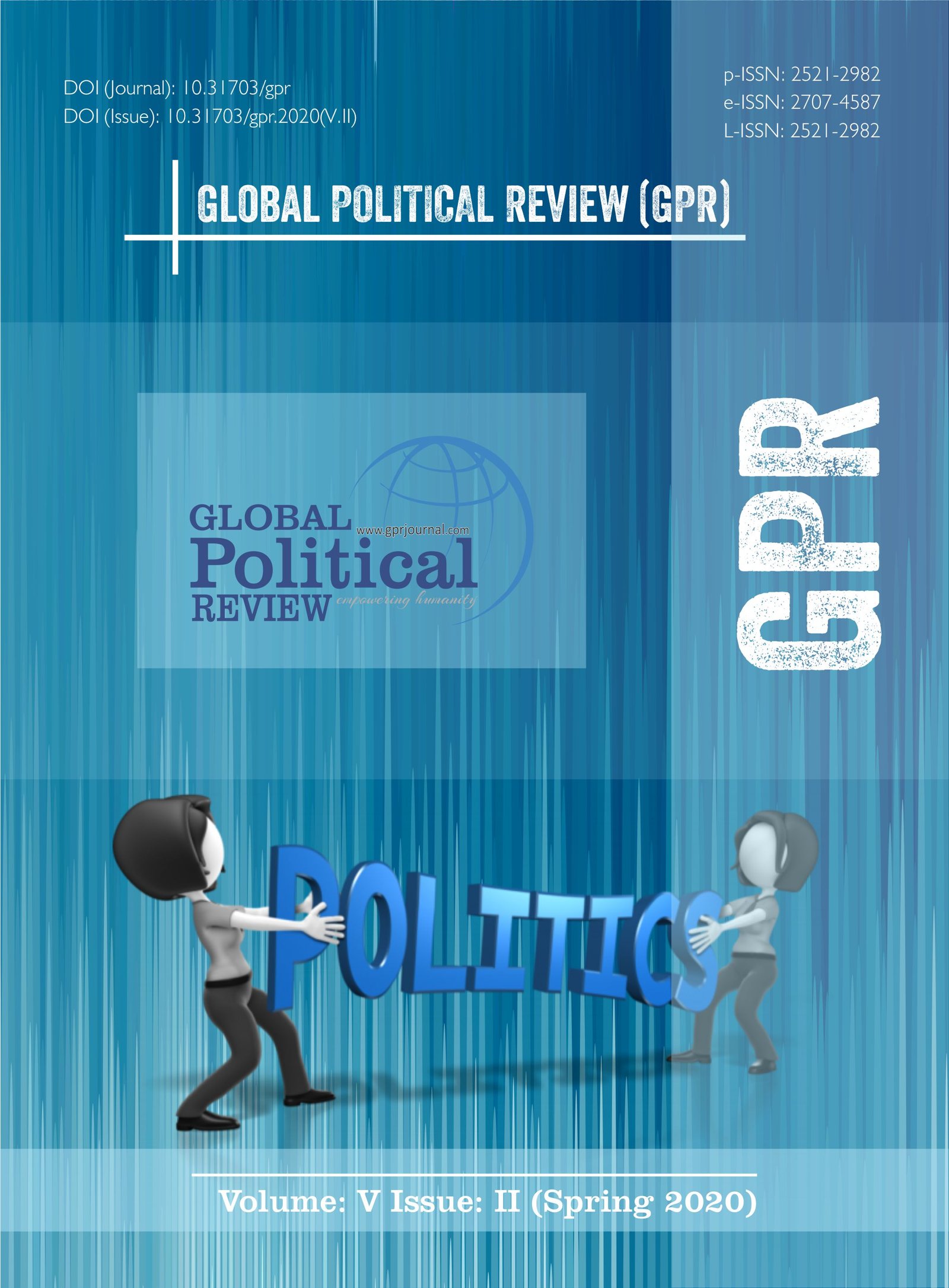 Volume V, Issue II (Spring 2020)
Volume V, Issue II (Spring 2020) 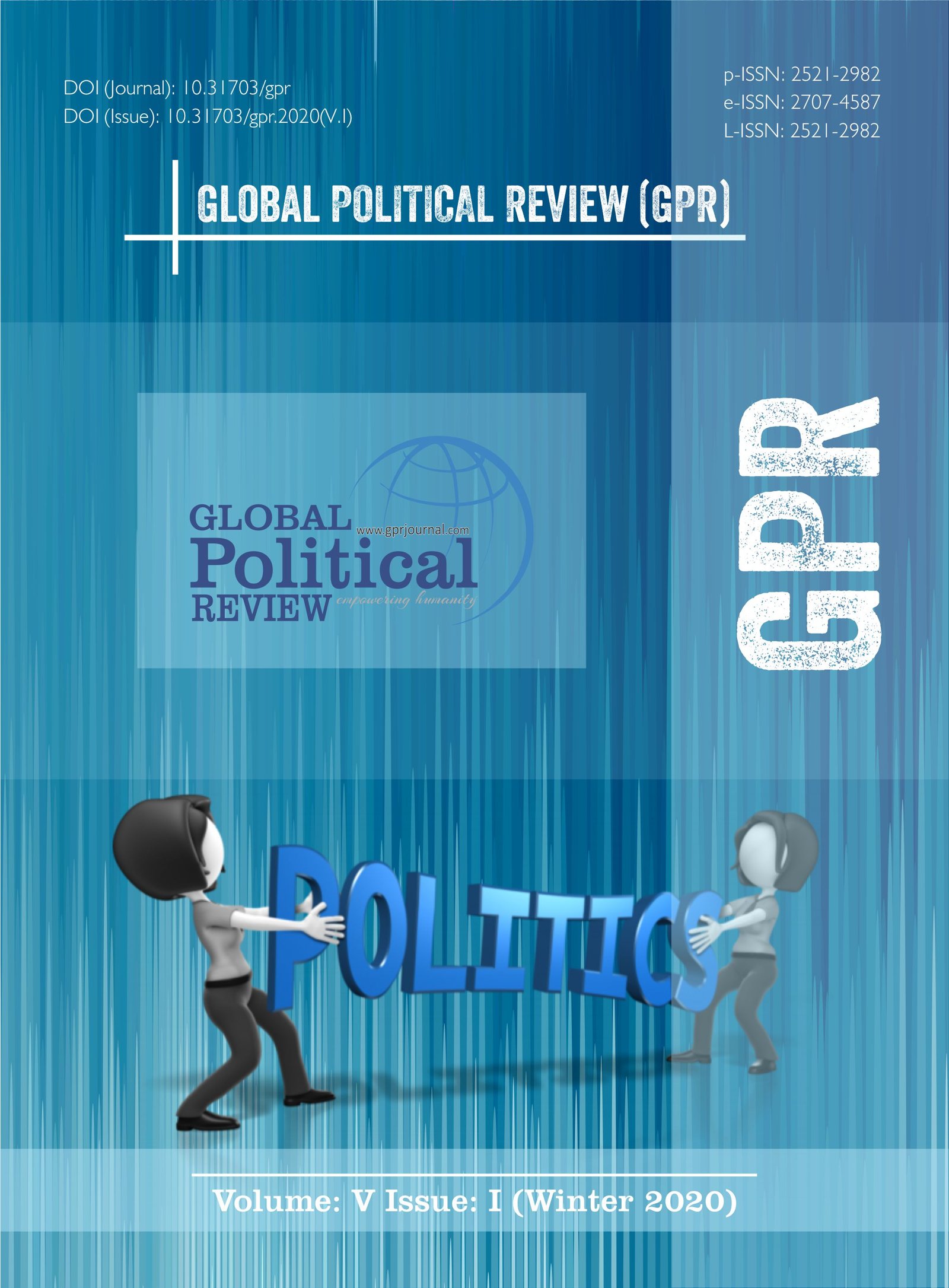 Volume V, Issue I (Winter 2020)
Volume V, Issue I (Winter 2020)  Volume IV, Issue IV (Fall 2019)
Volume IV, Issue IV (Fall 2019)  Volume IV, Issue III (Summer 2019)
Volume IV, Issue III (Summer 2019)  Volume IV, Issue II (Spring 2019)
Volume IV, Issue II (Spring 2019) 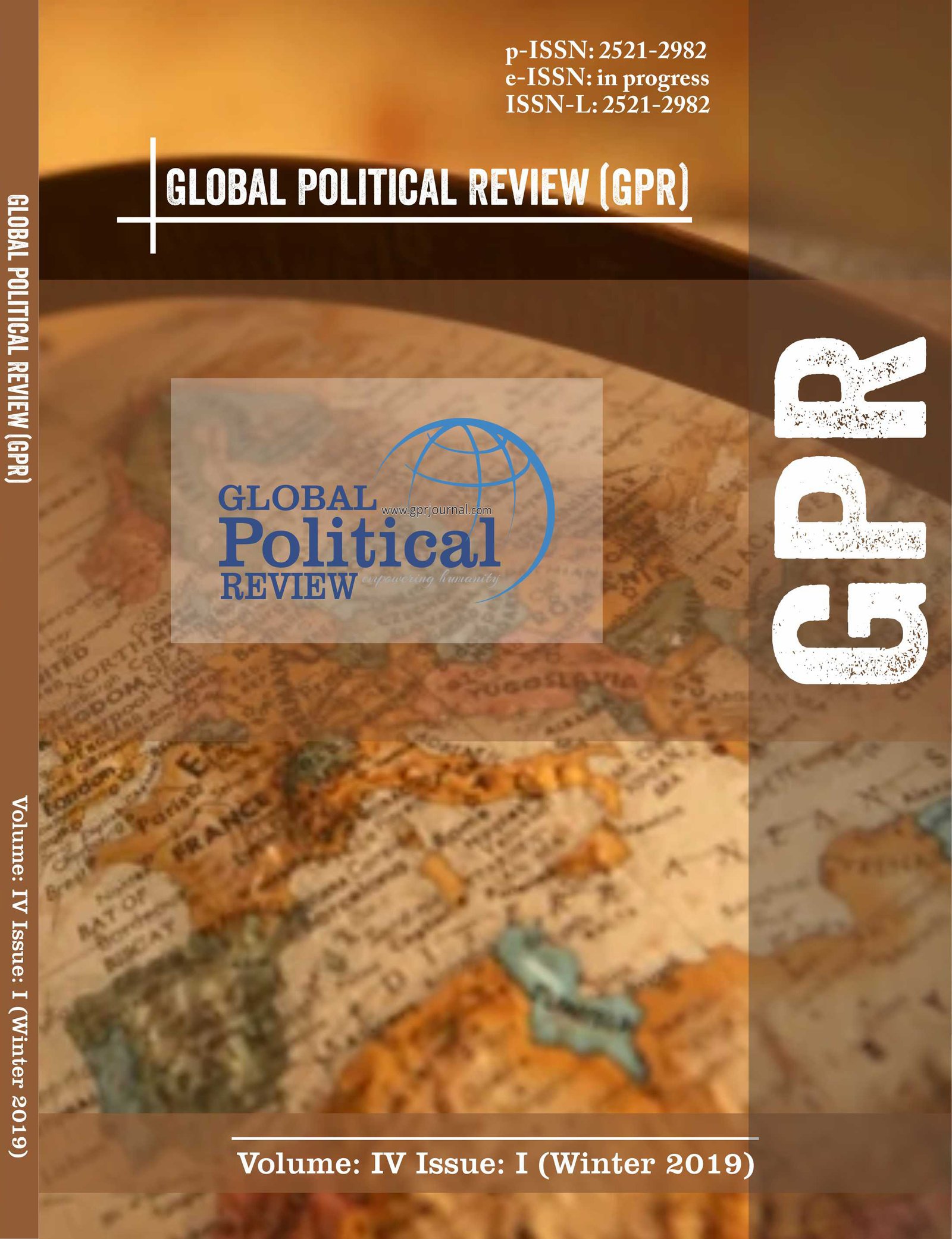 Volume IV, Issue I (Winter 2019)
Volume IV, Issue I (Winter 2019) 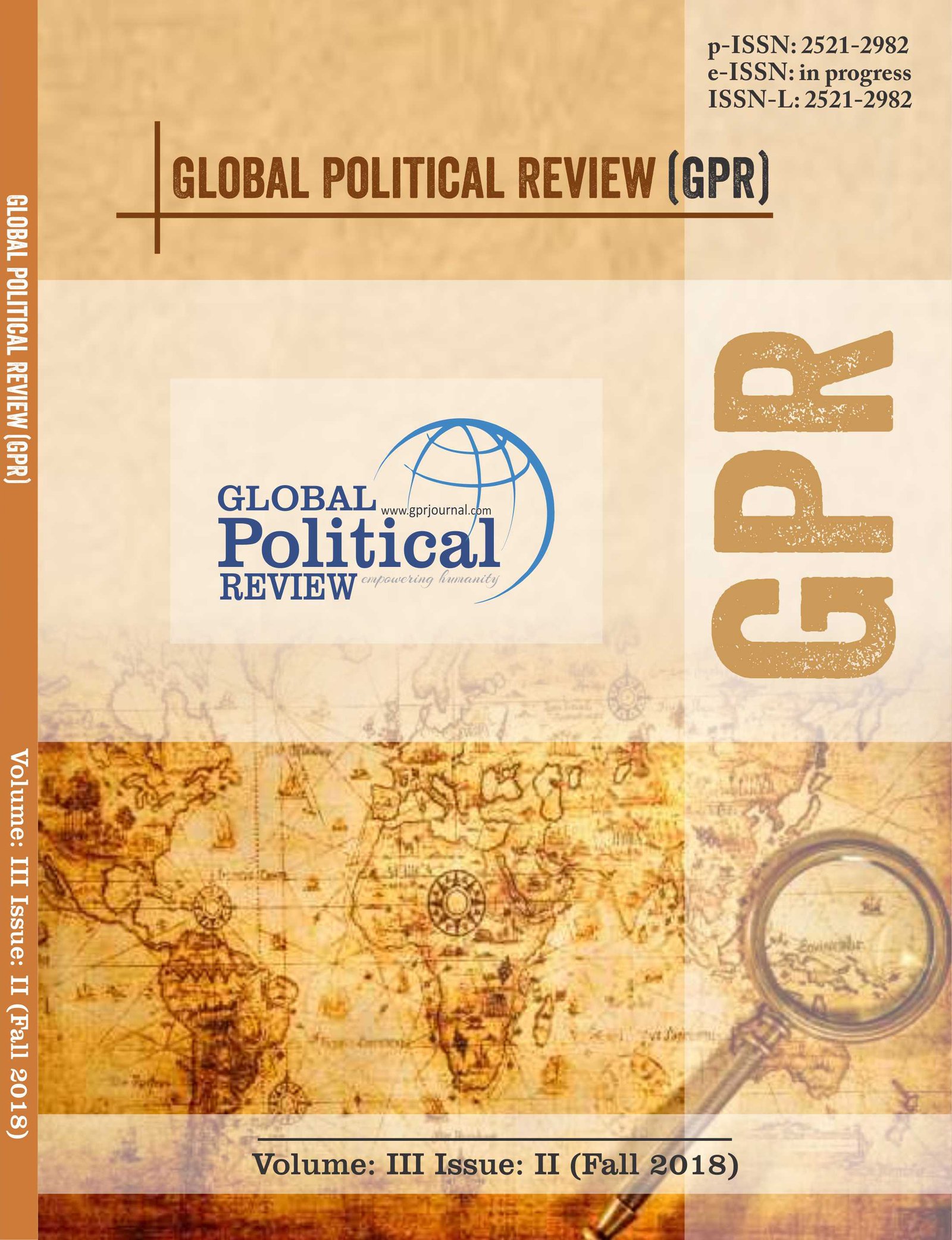 Volume III, Issue II (Fall 2018)
Volume III, Issue II (Fall 2018) 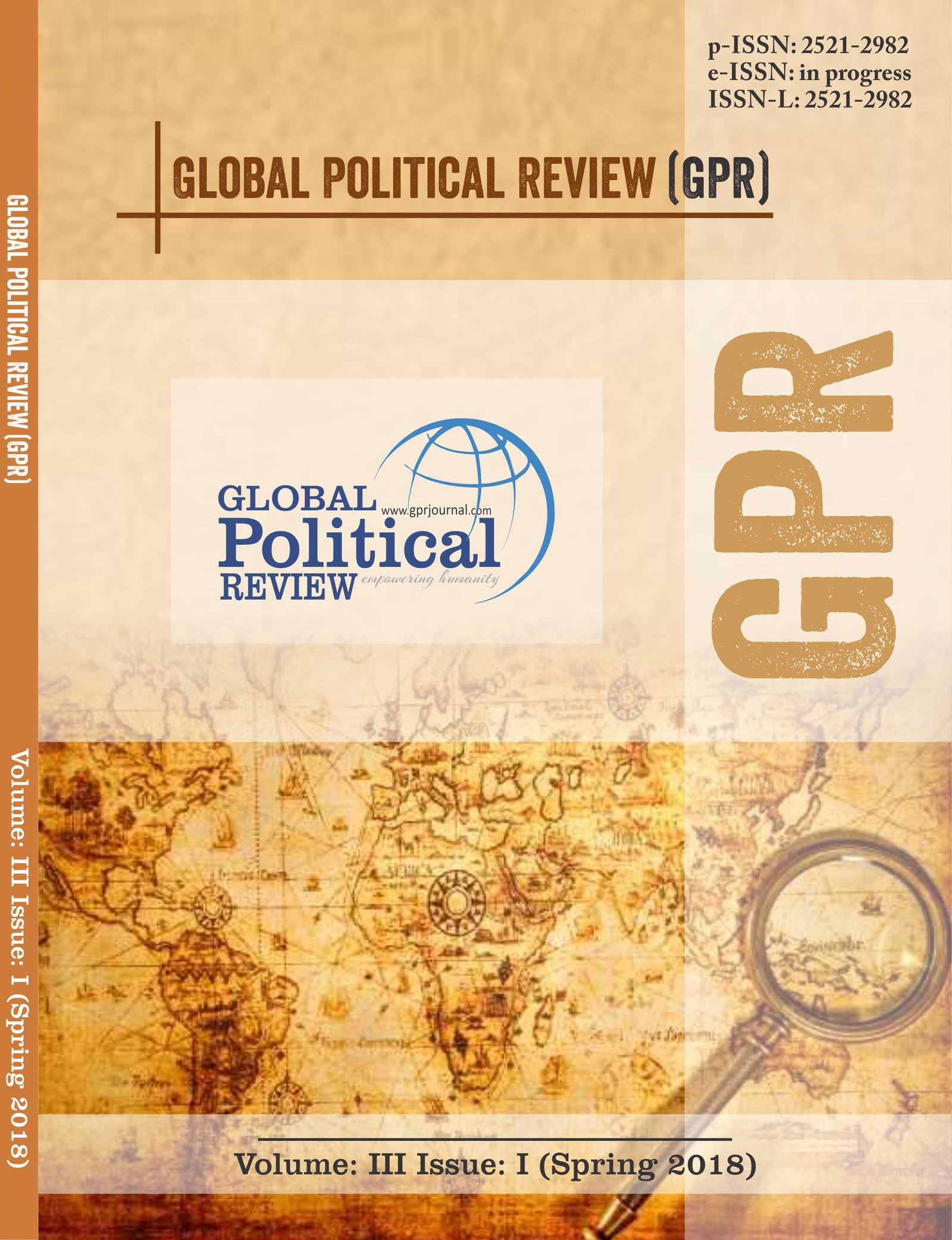 Volume III, Issue I (Spring 2018)
Volume III, Issue I (Spring 2018)  Volume II, Issue I (Fall 2017)
Volume II, Issue I (Fall 2017)  Volume I, Issue I (Fall 2016)
Volume I, Issue I (Fall 2016)